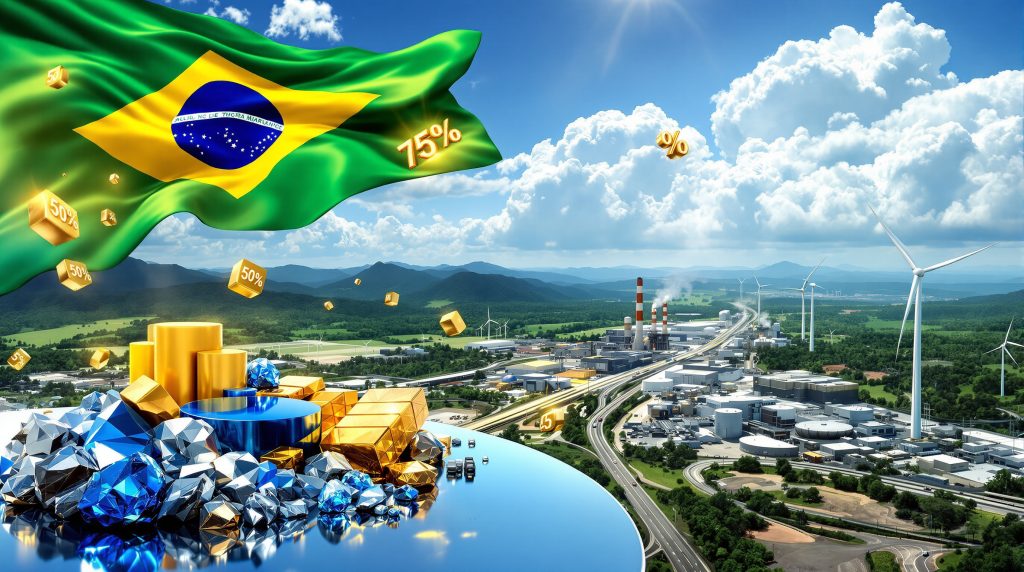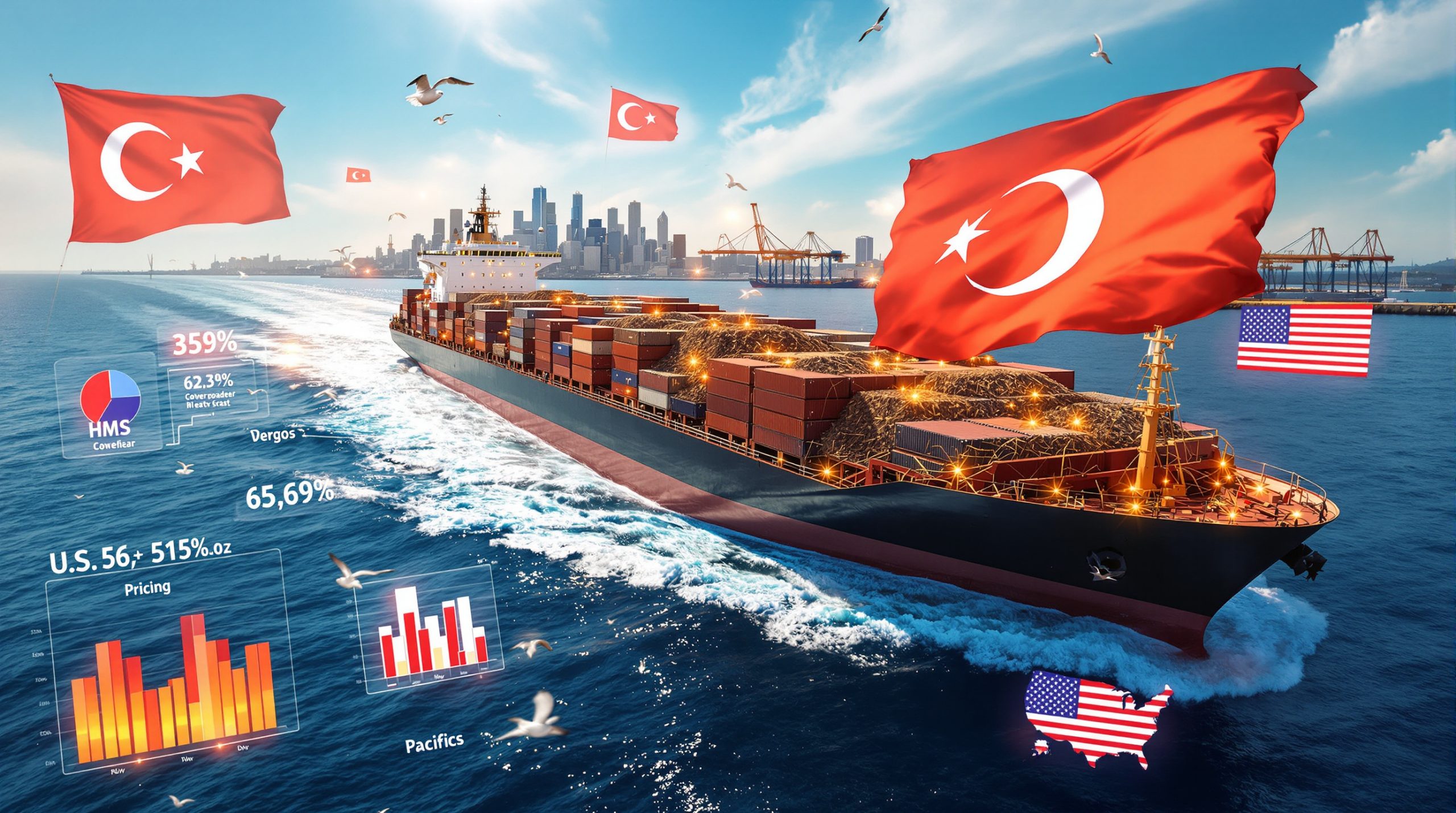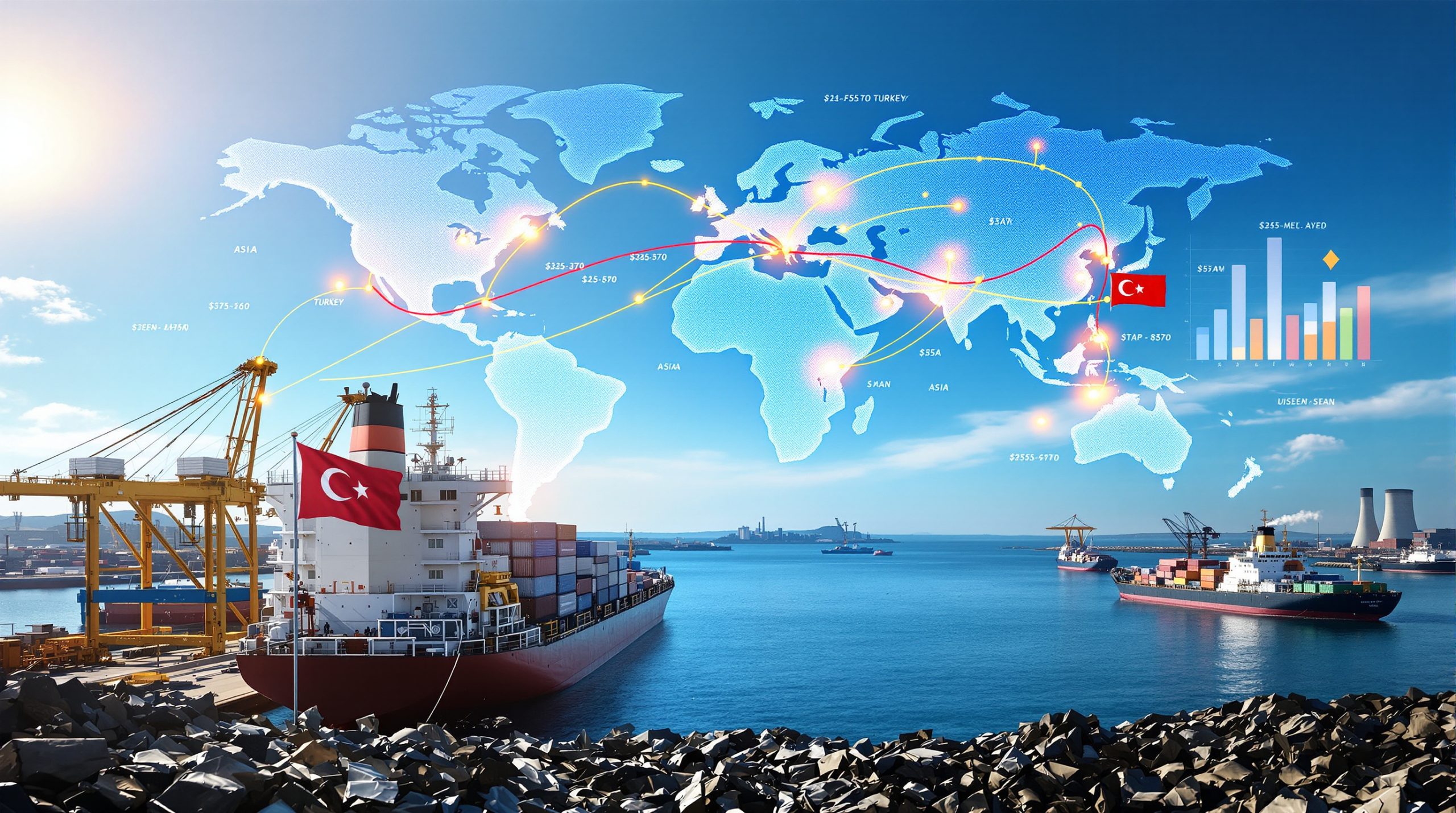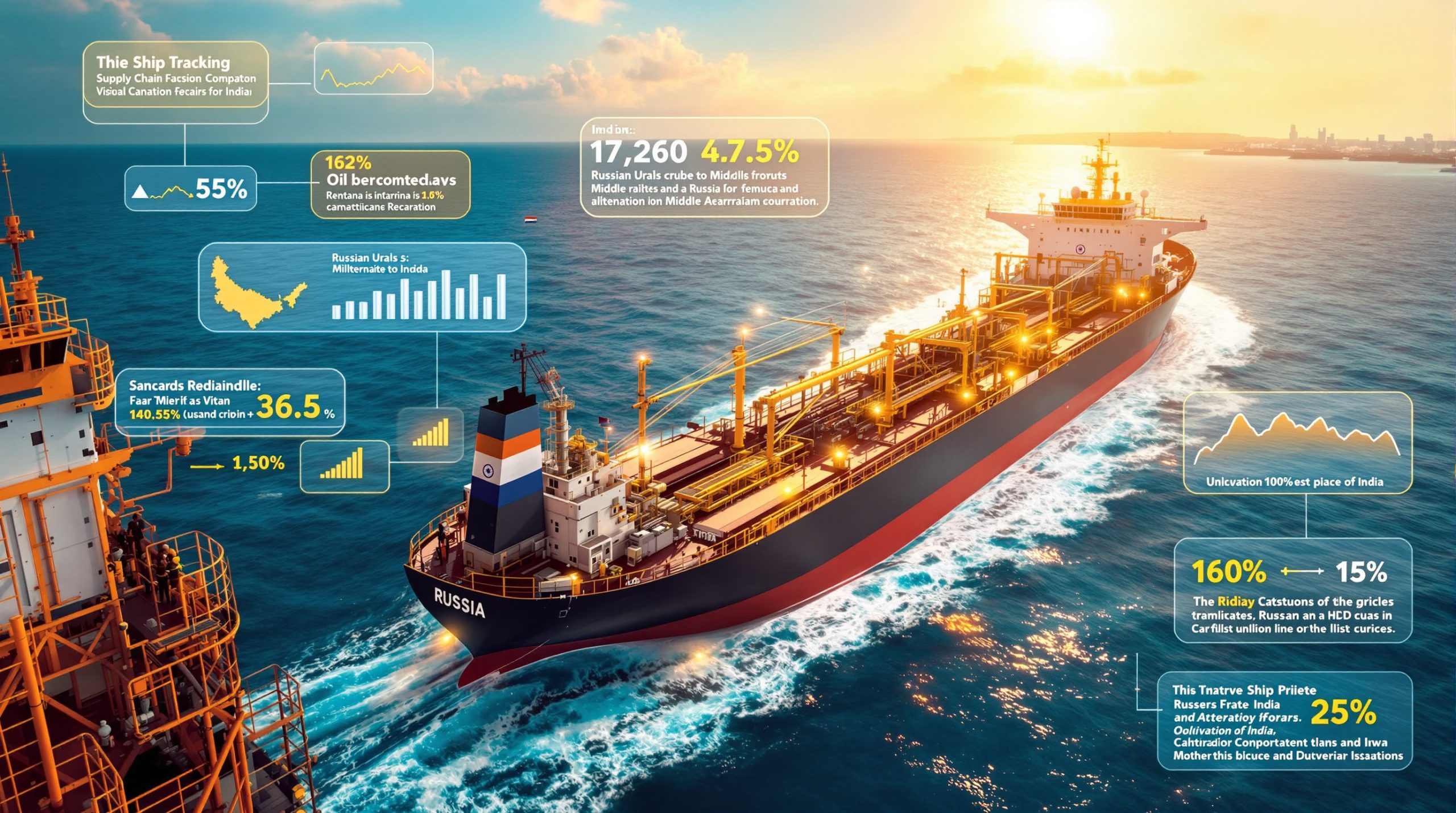Understanding Brazil's Strategic Mineral Policy Transformation
Brazil's government has launched a comprehensive initiative targeting critical minerals through innovative financial guarantees tax breaks strategic minerals Brazil mechanisms and tax incentives. This policy framework represents a fundamental departure from traditional resource extraction models, emphasizing domestic processing and value-added manufacturing over raw material exports.
The National Mining Policy Council, established by President Luiz Inácio Lula da Silva, held its inaugural meeting on October 16, 2025, marking a pivotal moment in Brazil's approach to strategic mineral development. The council voted on creating a working group tasked with analyzing and proposing public policies to develop supply chains for critical minerals energy transition across Latin America's largest economy.
Key Policy Components:
- Government-backed financial guarantees reducing investment risks
- Comprehensive tax incentives for processing and refining operations
- Enhanced benefits for domestic value-addition activities
- Strategic focus on energy transition minerals essential for clean technologies
This initiative treats strategic minerals as matters of national sovereignty, positioning Brazil to capitalize on its abundant mineral wealth while supporting global energy transition goals. The framework specifically aims to curb exports without domestic value-added processing, ensuring Brazil captures maximum economic benefits from its natural resources.
Comprehensive Financial Guarantee Framework
Financial guarantees serve as government-backed risk mitigation instruments designed to attract private and international investment in strategic mineral projects. These mechanisms specifically target operations demonstrating commitment to domestic processing over raw material exportation.
Brazil's approach to financial guarantees focuses on reducing capital costs and investment uncertainties for qualified projects. The government's backing enhances project bankability for financing institutions while creating preferential access for value-added operations that contribute to domestic industrial capacity.
Guarantee Structure Benefits:
- Risk reduction for private and international investors
- Lower borrowing costs for qualified strategic mineral projects
- Enhanced project bankability through government backing
- Priority allocation for domestic processing operations
Projects seeking access to these financial guarantees must demonstrate clear commitment to technology transfer, supply chain development, and processing activities within Brazilian borders. This requirement ensures alignment with national strategic objectives while maximizing domestic economic benefits.
Furthermore, the qualification process emphasizes sustainable development practices and long-term contribution to Brazil's position in global strategic mineral supply chains. Companies must present comprehensive plans showing how their operations will enhance domestic capabilities and create lasting economic value.
Strategic Tax Incentive Implementation
Brazil's tax incentive structure creates substantial advantages for mineral processing, refining, and manufacturing activities that add value beyond basic extraction operations. These incentives represent a cornerstone of the country's strategy to transform its mining sector from commodity exporter to value-added manufacturer.
The tax framework specifically encourages industrialization activities through preferential treatment for companies investing in domestic processing capabilities. In addition, regional development considerations provide additional benefits for projects located in strategic areas, particularly the Amazon and northeastern regions.
| Incentive Category | Target Activity | Strategic Focus |
|---|---|---|
| Processing Facility Benefits | Refining and manufacturing | Value-addition emphasis |
| Industrial Activity Exemptions | Advanced processing operations | Technology development |
| Export Promotion Advantages | Finished mineral products | Competitive positioning |
| Research and Development Credits | Innovation and technology | Capability building |
These tax advantages create compelling economic incentives for companies to establish comprehensive processing operations rather than focusing solely on extraction activities. The framework particularly benefits operations that demonstrate technology transfer and workforce development components.
Consequently, regional development provisions offer enhanced benefits for projects contributing to economic growth in historically underserved areas. This approach ensures strategic mineral development contributes to broader national development objectives while building distributed industrial capabilities.
Priority Strategic Minerals and Market Positioning
Brazil's policy framework specifically targets minerals essential for clean energy technologies and advanced manufacturing applications. The country's approach focuses on rare earth elements and other critical materials vital to the global mining landscape.
Critical Mineral Categories:
- Rare Earth Elements: Essential for magnets, electronics, and renewable energy systems
- Battery Materials: Lithium, cobalt, nickel, and graphite for energy storage
- Industrial Metals: Copper for electrical infrastructure and transmission
- Specialty Materials: Advanced alloys and high-performance applications
Rare earth elements represent a particular strategic opportunity for Brazil. Despite holding the world's second-largest rare earth reserves after China, Brazil currently accounts for less than 1% of global production, according to the U.S. Geological Survey. This dramatic gap between resource endowment and production capacity illustrates the transformative potential of the new policy framework.
The geopolitical significance of these materials has intensified following China's decision to tighten export controls in October 2025. These developments have created flashpoints in U.S.-China tensions while highlighting the critical importance of supply chain diversification for advanced technology manufacturing.
However, Brazil's positioning becomes increasingly valuable as global manufacturers seek alternative sources for critical materials. The country's political stability, established mining infrastructure, and commitment to sustainable development practices create attractive conditions for international partnerships and investment.
Differentiation from Traditional Mining Approaches
Brazil's strategic mineral policy represents a fundamental shift from conventional extraction-focused mining frameworks toward comprehensive value-addition strategies. This approach prioritizes domestic processing and manufacturing capabilities over raw material export volumes.
Strategic Differentiation Elements:
- Emphasis on downstream processing rather than raw commodity export
- Investment in domestic supply chain development and integration
- Focus on technological capability building and knowledge transfer
- Creation of higher-value employment opportunities in processing industries
The policy framework treats strategic minerals as matters of national sovereignty, ensuring Brazil maintains control over its mineral wealth while positioning the country as a global energy transition leader. President Lula da Silva emphasized that this framework would help Brazil retain control over its mineral wealth and position the country as a global leader in the energy transition.
This sovereignty-focused approach contrasts sharply with traditional mining policies that primarily emphasized production volumes and export revenues. For instance, the new framework prioritizes long-term strategic positioning and domestic industrial development over short-term commodity price optimization.
The value-addition focus creates opportunities for Brazil to capture significantly greater economic benefits from its abundant mineral resources. Processing and manufacturing activities typically generate higher employment, increased tax revenues, and enhanced technological capabilities compared to basic extraction operations.
Implementation Timeline and Regulatory Development
The National Mining Policy Council's inaugural meeting on October 16, 2025, marked the formal beginning of policy implementation. The council approved creation of a working group responsible for analyzing and proposing comprehensive public policies for developing critical mineral supply chains.
Confirmed Implementation Milestones:
- October 16, 2025: National Mining Policy Council first meeting and working group authorization
- Working Group Phase: Analysis and proposal development for public policies
- Regulatory Framework Development: Comprehensive regulations for strategic mineral projects
- Program Launch: Full implementation of incentive and guarantee programs
The working group will focus on creating detailed frameworks for supply chain development across critical and strategic minerals. Their analysis will encompass infrastructure requirements, technology needs, regulatory structures, and international partnership opportunities.
Furthermore, diplomatic engagement with the United States adds international dimensions to implementation considerations. Foreign Minister Mauro Vieira's October 16, 2025 meeting with U.S. Secretary of State Marco Rubio in Washington demonstrates high-level international coordination efforts.
Brazilian officials have indicated rare earths could become a significant topic in trade discussions with Washington. This potential cooperation gained momentum following President Lula's brief meeting with President Trump during the U.N. General Assembly in late September 2025.
Global Strategic Mineral Market Impact
Brazil's initiative addresses critical vulnerabilities in global strategic mineral supply chains while positioning the country as a key alternative to concentrated production sources. The framework contributes to international efforts to diversify critical mineral supplies amid increasing geopolitical tensions.
Market Impact Factors:
- Reduced dependency on single-country supply sources for critical materials
- Enhanced competition in strategic mineral processing and manufacturing
- Improved price stability through geographic supply diversification
- Strengthened availability of energy transition materials globally
China's dominant position in rare earth production and recent export control tightening demonstrates the strategic importance of developing alternative supply sources. Brazil's vast reserves and processing ambitions could significantly alter global supply dynamics over the medium to long term.
The initiative positions Brazil to capture increased market share in high-value processed materials rather than competing primarily on raw commodity pricing. This approach creates potential for premium pricing and enhanced profit margins while supporting global supply chain resilience.
Investment attraction represents another significant market impact. Brazil's comprehensive incentive package, combined with political stability and established mining infrastructure, creates compelling conditions for battery metals investment and international mining companies seeking stable, government-supported operations.
However, international partnerships become increasingly valuable as companies seek to diversify supply sources and reduce concentration risks. Brazil's policy framework facilitates these partnerships while ensuring domestic economic benefits through processing requirements.
Implementation Challenges and Success Factors
Despite Brazil's substantial mineral reserves, the country faces significant challenges in transforming policy objectives into operational reality. The dramatic gap between reserve holdings and current production levels illustrates the scale of development required.
Critical Challenge Areas:
- Infrastructure development in remote mining regions
- Technology acquisition and adaptation for advanced processing
- Skilled workforce development for specialized mineral processing
- Environmental compliance and sustainability standard implementation
Brazil's current rare earth production of less than 1% of global output, despite holding the world's second-largest reserves, highlights the infrastructure and technical capability gaps that must be addressed. Successful implementation requires substantial investment in processing facilities, transportation networks, and technical expertise.
Political and trade considerations add complexity to implementation efforts. The Trump administration's imposition of 50% tariffs on Brazilian goods, citing former President Jair Bolsonaro's trial, creates trade relationship challenges that could affect international partnerships and investment attraction.
The recent sentencing of Bolsonaro to 27 years in prison for attempting a coup after losing the 2022 election demonstrates the political instability risks that international investors must evaluate. However, the current government's stability and clear policy direction provide counterbalancing factors.
Success Critical Factors:
- Effective infrastructure development and financing
- Technology transfer and capability building programs
- International partnership development and maintenance
- Regulatory clarity and consistent policy implementation
Nevertheless, market competition with established processing centres, particularly in China, requires Brazil to demonstrate competitive advantages beyond raw material access. Success depends on creating cost-competitive processing capabilities while maintaining environmental and social standards.
Long-term Economic and Strategic Implications
Brazil's strategic mineral policy framework creates potential for significant economic transformation through enhanced value capture from abundant natural resources. The initiative aligns with global energy transition trends while positioning Brazil as a critical supplier of processed materials.
Economic Development Potential:
- Higher-value employment creation in processing and manufacturing industries
- Increased tax revenue generation from value-added industrial activities
- Enhanced export earnings from finished products rather than raw materials
- Strengthened domestic supply chains supporting manufacturing competitiveness
The massive gap between Brazil's reserve position and current production capacity represents substantial untapped economic potential. Successful development could transform Brazil's role in global mineral markets from minor producer to major processed material supplier.
Energy transition leadership positioning creates long-term competitive advantages as global demand for critical minerals continues expanding. Brazil's commitment to domestic processing ensures the country captures maximum economic benefits while supporting international sustainability objectives.
Strategic sovereignty considerations extend beyond immediate economic benefits to encompass national security and geopolitical positioning. Control over critical mineral processing capabilities provides leverage in international negotiations while reducing dependency on foreign suppliers for strategic materials.
Market Leadership Opportunities:
- Establishing Brazil as preferred alternative to concentrated Asian suppliers
- Creating premium pricing opportunities through quality and reliability differentiation
- Building long-term supply relationships with major international manufacturers
- Developing technological expertise exportable to other emerging mining economies
The policy framework's emphasis on sustainability and environmental responsibility aligns with increasing international focus on responsible sourcing. This positioning could create premium market access and preferential supply relationships with environmentally conscious manufacturers.
Investment Climate and International Partnerships
Brazil's comprehensive incentive package transforms the country's investment attractiveness for strategic mineral development projects. The combination of financial guarantees, tax benefits, and government backing creates compelling conditions for both domestic and international investment.
Foreign investment considerations include Brazil's established mining infrastructure, skilled workforce availability, and regulatory clarity. The government's commitment to strategic mineral development provides policy stability that international investors require for long-term project planning.
Investment Attraction Factors:
- Government-backed financial guarantees reducing project risks
- Comprehensive tax incentive packages for processing operations
- Established mining industry infrastructure and expertise
- Political commitment to strategic mineral development policies
International partnership opportunities extend beyond traditional mining relationships to encompass technology transfer, joint development programs, and supply chain integration initiatives. Brazil's policy framework facilitates these partnerships while ensuring domestic economic benefits through processing requirements.
The country's engagement with the United States on rare earth cooperation demonstrates potential for strategic partnerships that benefit both nations' economic and security interests. These discussions could create frameworks for mining consolidation trends through technology sharing, investment facilitation, and supply chain development.
Consequently, trade relationship management becomes crucial for success, particularly given recent U.S. tariff impositions and ongoing diplomatic negotiations. Resolution of trade tensions could unlock substantial international partnership opportunities and investment flows.
Investment Considerations: While Brazil offers substantial opportunities in strategic minerals, investors should carefully evaluate infrastructure development requirements, regulatory compliance costs, and market competition factors when assessing project viability.
Brazil's strategic mineral policy framework represents a comprehensive transformation of the country's approach to natural resource development. Through innovative financial guarantees tax breaks strategic minerals Brazil mechanisms, comprehensive tax incentives, and strategic focus on domestic processing, Brazil positions itself to capture maximum economic value from its abundant mineral wealth while supporting global energy transition objectives.
The initiative's success will depend on effective implementation, infrastructure development, and Brazil's ability to attract international investment while building domestic technological capabilities. As global demand for mineral beneficiation opportunities continues expanding, Brazil's policy framework creates potential for significant economic transformation and international market leadership in critical material supply chains.
Looking to Capitalise on Strategic Mineral Policy Changes?
Discovery Alert's proprietary Discovery IQ model provides real-time notifications on significant ASX mineral discoveries, helping investors identify actionable opportunities as strategic mineral policies reshape global markets. Start your 30-day free trial today to gain immediate insights into mineral exploration discoveries that could benefit from evolving regulatory frameworks and government incentives.




